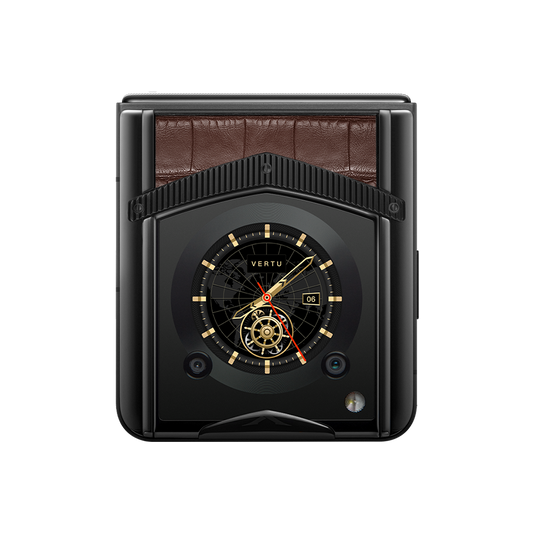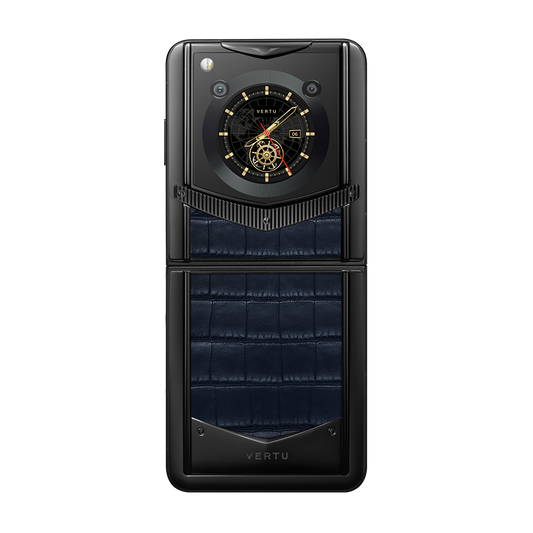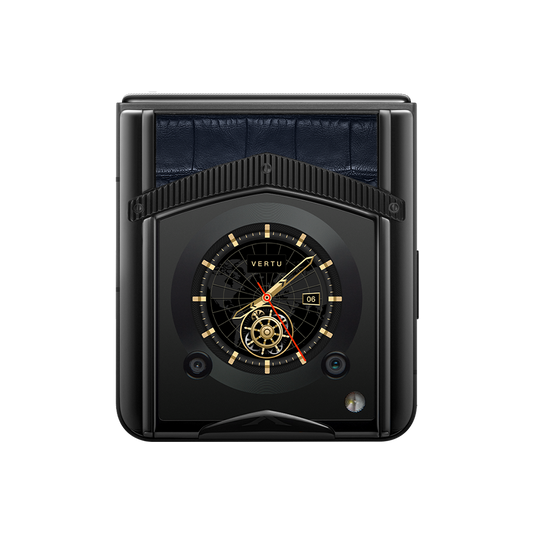Is a Foldable Device in Apple's Future?

In 2018, Mike Murphy, the former deputy editor-in-chief of tech website Quartz, argued that Apple killed fun. The article's perspective was sharp, as he contended that Apple's overwhelming success in shaping the 'smartphone' had influenced the industry and turned the phone into a mundane device.
Of course, the author's viewpoint is limited to design and form, but they ignore the fact that smartphones are no longer just hardware devices. They have gradually become Internet content portals under 4G and 5G networks. The content within the screen is the decisive factor that attracts people to use them constantly, rather than their appearance outside the screen, unless the screen form is made to stand out.
Therefore, the folding screen has become a recent trend. This device has two different screen sizes and a wider range of use scenarios, reminiscent of the era of constantly changing phone forms. Manufacturers have gone from conceptual products to regular product sequences in just a year or two.
However, as the leader in the smartphone industry, Apple has yet to release its own folding screen products.
An iPhone, An iPad, or a Mac?
The delay in launching a product does not indicate that Apple is ignoring the issue. In fact, Apple's folding screen has been rumoured for two or three years and could be introduced to the iPhone, iPad, or even the Mac. Many analysts and tech media workers track Apple's product predictions, relying on industry-related practitioners and their own speculations as sources. In the past, their predictions of Apple's new products were not always accurate, but they were generally consistent in their direction.
However, when it comes to the possibility of a folding screen, opinions are divided. Rumours about Apple's folding screen have been circulating for the iPhone, iPad, and Mac. It is worth noting that in the book 'After Steve', it was revealed that before the official release of the iPhone, Apple created several prototypes, some of which were direct adaptations from the iPod, while others required a complete redesign.
Currently, it is uncertain whether Apple's folding screen technology is still in the prototype or evaluation stage, and there may be a significant distance from actual production. Industry experts and analysts have shared information, but their opinions differ. However, based on the current status of folding screen technology, it is unlikely that Apple will pursue this technology.
It may don't exist
Although the smartphone market is saturated, the folding screen market remains relatively untapped. However, despite the gradual stabilization of pivot technology, screen, and form, the development of folding screen phone technology appears to have stagnated. This is reminiscent of the once-popular VR device, which quickly reached a 'bottleneck' and faded away. It is worth noting that the market volume of folding screen phones currently only accounts for 1.2% of all smartphones, indicating that the market is still relatively small.
For manufacturers of folding screens, relying solely on folding screens to increase market share is insufficient. Furthermore, folding screen technology is still imperfect, with its weight and fragile screens remaining as weaknesses. Additionally, for Apple, integrating folding screen technology into existing platforms such as iOS and macOS requires careful consideration. For Apple, it is clear that separate optimization is not sufficient. Apple products require a comprehensive linkage logic to determine the appropriate product positioning for folding screen devices. Otherwise, they may end up like the previous iPad, stuck between the Mac and iPhone.
Folding screen devices are more like an extension of the iPhone (or iPad) product line, rather than a new growth point. Additionally, the mechanics of the folding screen, which play a decisive role, are not future-proof. For Apple, which is always seeking stability, it may be difficult to continue investing in a technology that appears to lack a future. Therefore, it may be better to remain on the sidelines.
Apple may have considered a folding screen at some point, but ultimately, it remains a new form of an existing device, and the device's core is still a smartphone or a Mac. These devices were once the center of personal computing, rather than the next iPhone.



















